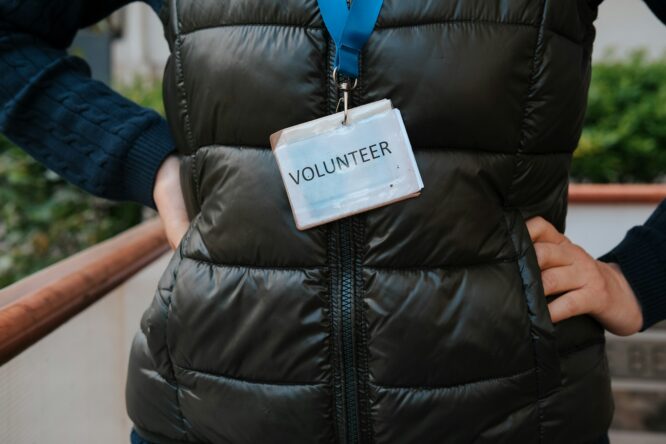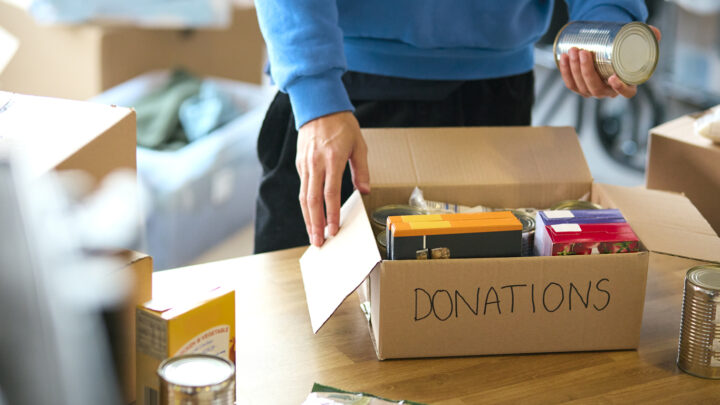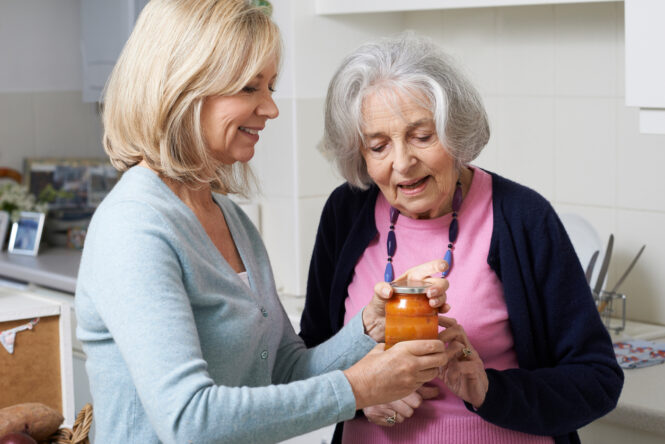Everyone loves the idea of doing a good deed—helping out, making a difference, and maybe feeling a little better about themselves along the way.

Of course, the truth is, not all “good deeds” are actually that helpful once you zoom in. Some things that seem like great ideas in theory cause more confusion, harm, or just extra work in reality. Here are some of the most common gestures that seem like a good thing, but that might need a second thought before you put them into action.
1. Donating old, unusable stuff instead of needed supplies

It feels noble to haul bags of old clothes or used items to charity shops, but if most of it is stained, broken, or practically falling apart, you’re not helping—you’re giving someone else a clean-up job. Most donation centres spend valuable time (and money) sorting through mountains of unusable goods, which slows them down from helping the people who actually need support.
Taking a few minutes to assess whether something is genuinely useful before donating it can make a huge difference. Clean, good-quality items get into the hands of people faster, and you avoid the awkward situation where your “good deed” just clogs up a system meant to help.
2. Offering unsolicited advice when someone’s struggling

It’s so tempting to offer a solution the second someone shares a problem, especially if you think you’ve been through something similar. But often, people aren’t looking for fixes. They’re looking for someone to actually listen and sit with them in the hard stuff for a minute.
Unsolicited advice can come across as dismissive or make someone feel like they’re failing for not already thinking of what you just blurted out. Sometimes the best support isn’t advice at all. It’s saying, “That sounds really tough. I’m here for you.”
3. Sharing awareness posts without verifying facts

In the age of fast sharing, it’s easy to feel like reposting an awareness graphic or sharing a viral story is doing your part. However, if the information is outdated, misleading, or tied to sketchy organisations, you’re spreading confusion instead of helping the cause.
Taking two minutes to fact-check before you hit share can turn you from a passive participant into a genuinely helpful ally. Real advocacy involves making sure the information you’re boosting actually points people toward meaningful action, not just empty clicks.
4. Buying cheap stuff just to “donate” it

Grabbing piles of cheap socks, T-shirts, or dollar-store supplies for donation drives might feel generous, but poor-quality items wear out quickly and don’t give the people receiving them real long-term value. It’s like giving someone a paper umbrella in a thunderstorm—nice thought, but not that helpful.
Focusing on fewer, higher-quality donations, even if it means giving less, makes a much bigger difference. Durable items show respect for the people receiving them, and they last longer, creating less waste in the process.
5. Feeding wild animals to “help” them

It feels sweet to toss food to ducks at the pond or hand snacks to squirrels, but human food isn’t good for them. Bread can actually hurt ducks’ digestion, and feeding wild animals makes them dependent and disrupts their natural survival skills.
If you really love wildlife, supporting habitat preservation efforts or learning how to safely interact with nature is way more helpful. Animals have survived just fine without our snack offerings for centuries. They need protection, not breadcrumbs.
6. Jumping in to help without asking first

Leaping in to “rescue” someone without checking if they want help can backfire fast. It can make people feel incapable or infantilised, even if your intentions were good. Sometimes what feels like kindness to you feels like steamrolling to someone else.
Simply pausing to ask, “Would you like a hand?” respects their agency and lets them choose. Offering help is wonderful, but respecting someone’s choice to say yes or no is even better.
7. Volunteering when you’re secretly resentful

Signing up for a volunteer event you’re dreading just to look good or avoid guilt doesn’t help anyone—not the cause, not the people you’re supposed to serve, and not yourself. It usually leads to half-hearted efforts and a cranky attitude nobody needs.
It’s better to find something you’re genuinely excited about, even if it means saying no to the things that don’t fit. Real passion, even a little bit, goes a lot further than forced, fake energy that drags everyone down.
8. Dropping “stay positive!” comments on emotional posts

When someone’s opening up about something painful, dropping a “chin up!” or “good vibes only!” comment might seem supportive, but it often feels tone-deaf instead. Not every hard situation can or should be wrapped in a neat little bow.
Acknowledging someone’s real experience, even if it’s messy, sad, or complicated, is a way more powerful act of kindness. A heartfelt “That sounds so hard, and I’m thinking of you” goes a lot further than toxic positivity.
9. Surprising people with pets

Giving someone a kitten, puppy, or hamster as a “surprise” sounds adorable in theory, but pets are serious commitments that need planning, resources, and willingness. An unplanned pet can easily end up stressed, abandoned, or surrendered to a shelter later on.
If you want to help someone find a new animal companion, having real conversations first about lifestyle, budgets, time, and readiness shows you care about both the person and the pet in a truly meaningful way.
10. Organising charity gifts without asking what’s needed

Hosting a charity event, toy sale, or clothing sale feels wonderful until you end up delivering three hundred cans of creamed corn to a shelter that really needed fresh socks instead. Good intentions don’t always match actual needs.
Taking the time to reach out to organisations first and ask, “What do you actually need?” turns a generic “good deed” into real support. It’s a tiny extra step that prevents waste and frustration for everyone involved.
11. Broadcasting charity work on social media

Filming yourself handing out sandwiches to homeless people or buying groceries for someone struggling might seem heartwarming, but it can also turn someone’s vulnerability into content they didn’t agree to share.
Helping because you genuinely want to, without needing applause or clicks, is the real flex. The best good deeds often happen quietly, with no audience, and they’re so much more meaningful that way.
12. Guilt-tripping people into supporting your cause

Sharing your passion for a cause is great. Shaming friends or family who can’t donate, volunteer, or repost? Not so great. Guilt might get people to act once, but it doesn’t build lasting, genuine commitment. Inviting people warmly, offering ways they can help at different levels, and respecting when they say no keeps relationships intact and helps your cause feel welcoming rather than obligatory.
13. Helping just to feel in control

Sometimes, helping isn’t about helping. It’s about feeling powerful or needed. When “help” is really about controlling a situation, making decisions for other people, or swooping in to be the hero, it stops being generous and starts being about ego.
Real kindness asks what someone needs, offers support, and steps back when necessary. It trusts people to know their own needs better than an outsider ever could, even when it means letting go of your own ideas of the “right” way to help.
14. Assuming your way of helping is the best way

Just because something worked for you doesn’t mean it’s the solution for everyone else. Helping without listening—throwing money, advice, or plans at a situation without understanding the real needs—can cause more problems than it solves.
Asking, adjusting, and staying humble about how different people need different kinds of support is the foundation of real service. Good intentions matter, but thoughtful action matters more if you actually want to make a lasting difference.




